A lot of homeowners only call for air conditioning repair when their system totally fails. However, the reality is your air conditioner will often drop hints letting you know it’s in trouble before a complete breakdown that results in new AC installation. Noticing early problems and calling the experts at Western Mechanical, Inc. to fix issues early can spare you the hassle and expense of a full AC system failure. More importantly, it can prevent the hot and sweaty conditions created by having your AC break down when it’s scorching hot outside.
When you call us, our team of highly trained HVAC technicians will pinpoint what’s wrong, fix the problem and get your system running again. We have a proven track record in the community and provide reliable, budget-friendly AC service for our community.
Why wait until your cooling system stops working? Skip all that hassle by calling today to schedule AC repair in Logan, UT, from Western Mechanical, Inc..
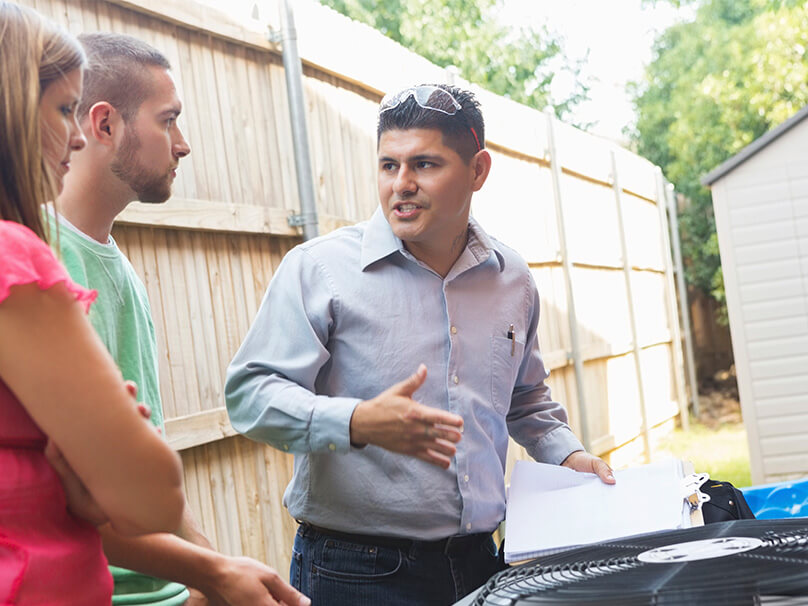
Signs You Need AC Repair
Wondering if your air conditioner needs repair? From a stinky smell to no cold air coming from the vents, there are many indicators that your cooling system has a problem and needs attention or service.
Here are some red flags that trouble may be around the corner and it’s time to call an HVAC technician from Western Mechanical, Inc.:
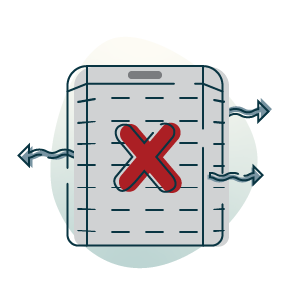
AC is blowing hot air
If heated air is blowing out of your AC unit instead of cool air, or if the air isn’t as cool as it should be, it’s a wise decision to call us for professional cooling service.
Air conditioner keeps turning on and off
If your AC system starts and stops instead of completing its normal cycle, it could be a symptom of underlying trouble and should be inspected by one of our certified HVAC technicians.
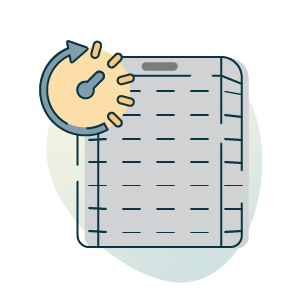
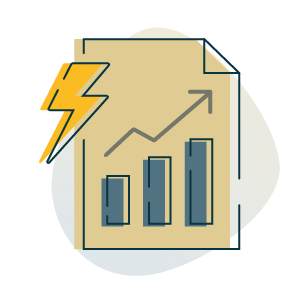
Home energy bills increase for no apparent reason
A sudden spike in your energy bills can be a sign your AC unit is becoming less efficient, which means it uses more energy to keep your space comfortable and needs AC maintenance or repair.
Unusual odors are coming from your air conditioning
Air conditioners should not stink. A strange smell coming from your air conditioner should be checked by an expert, as they can be a symptom of trouble like mold, mildew or even electrical issues.
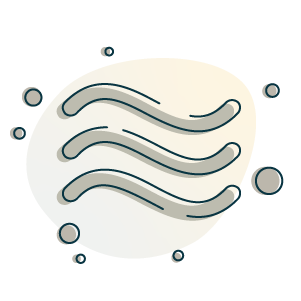
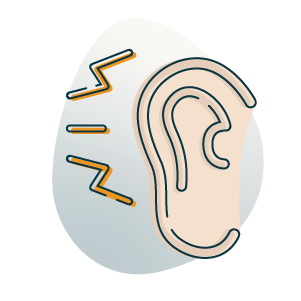
Loud sounds coming from your AC
If you hear odd noises when your air conditioner is running — banging, scraping or squealing, to name just a few — it’s important to call for professional HVAC service to evaluate your system.
Request Professional Air Conditioner Repair Right Away
When you have to have air conditioning service fast, contact the HVAC repair specialists at Western Mechanical, Inc.. We’ll quickly detect the problem when your system won’t run or provide sufficient chilled air.
